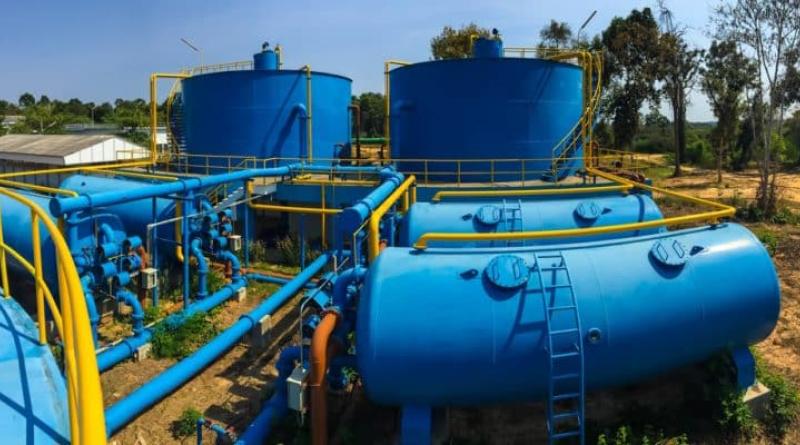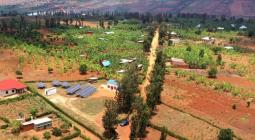RWANDA: universal access to water by 2050 will cost $400 million per year (Wasac)

It will be necessary to invest 400 million dollars per year until 2050 to achieve universal access to drinking water in Rwanda. This is what a recent study by the Water and Sanitation Company (Wasac) reveals.
Improving drinking water coverage is a major project in Rwanda. The first challenge for Paul Kagame's government is to ensure that all Rwandans have access to clean water by 2024, compared to 82% to date. But will this sought-after water security keep up with the pace imposed by population growth?
According to the Water and Sanitation Company (Wasac) of Rwanda, this phenomenon risks changing all the balances after 2024 and Rwanda would quickly fall back into water shortages. In a recent study, the public company indicates that the East African country will need at least 400 million dollars per year to cover Rwandans' demand for drinking water by 2050. " The 13 million Rwanda's inhabitants will be more than 23 million in 2052 and to meet their water needs, the government must plan and execute projects every year ,” explains Omar Munyaneza, Director General of Wasac.
Mobilize more funds from development partners
The last investment allocated by the Rwandan government to the water sector dates back to May 2019, when the Rwandan Ministry of Infrastructure committed $440 million for three years. These funds were notably used to build water treatment plants and supply systems in urban and rural areas of Rwanda.
“The government budget cannot finance all the projects we have, which is why we must seek other sources of financing from our partners ,” suggested Wasac in its report on access to water drinking in Rwanda. This involves financing like the $249.5 million loan approved by the African Development Bank (AfDB) on December 1, 2023. It is intended for the implementation of the Sustainable Energy Supply Program. water and sanitation for processing, which will help secure the supply of drinking water for 1.5 million Rwandans.
For Wasac, this funding will also make it possible to resolve the problems of leaks and damage to pipes. Currently, 40% of water production is lost due to leaks in the country. “Our water and sanitation master plan already shows the necessary projects to be implemented each year until 2050 ,” said Omar Munyaneza, adding that the projects to be executed between 2035 and 2040 have already been defined.





